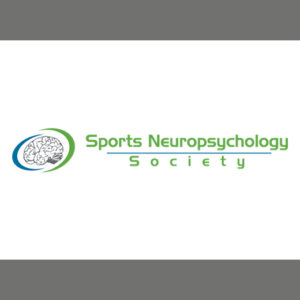Introduction
The presentation of sport-related concussion (SRC) is heterogenous. Consensus guidelines recommend multidimensional assessment for concussion diagnosis and management. A test battery encompassing assessment of the various domains potentially affected by concussion is important to provide the effective clinical assessment of SRC. Among popular cognitive, oculomotor, and postural stability assessment methods, it remains unclear which modalities perform best in detecting concussion.
Objective
Our aim was to directly compare an array of clinical assessment tools in terms of sensitivity to SRC.
Methods
Participants were 91 concussed male football players and 85 non-concussed teammates, ages 14-24. Groups were matched on age, institution, years of participation, race, handedness, history of ADHD, and history of prior concussion. Measures were administered to concussed and control athletes at 5 time points: pre-season baseline, 48 hours post-injury, and at 8, 15, 45 days post-injury. Testing included Sport Concussion Assessment Tool 3 (SCAT-3) Symptom Severity, Standardized Assessment of Concussion (SAC), Balance Error Scoring System (BESS), Wechsler Adult Intelligence Scale – IV Processing Speed Index (WAIS-IV PSI), Trail Making Test (TMT) Parts A and B, Immediate Post-Concussion and Cognitive Testing (ImPACT), King-Devick Test (K-D Test).
Results
Clinical assessments were most sensitive to SRC at 48-hours post-injury. Symptom severity was the best tool overall. The BESS was the best performance-based assessment. Oculomotor and cognitive testing via ImPACT, WAIS-IV PSI, and TMT-A were sensitive to a lesser degree. Select clinical assessments were sensitive to SRC at days 8 and 15 including symptoms severity and verbal memory. SAC and TMT-B were not sensitive to SRC across time points.
Conclusions
We observed heterogeneity in clinical assessment performance. Specifically, we observed that the clinical domains strongest in the initial days post-injury (symptom severity, balance) were less sensitive at later follow-up. These findings support the importance of multidimensional assessment.
Summary Points
- These findings support the multidimensional assessment of concussion, which includes the K-D Test.

